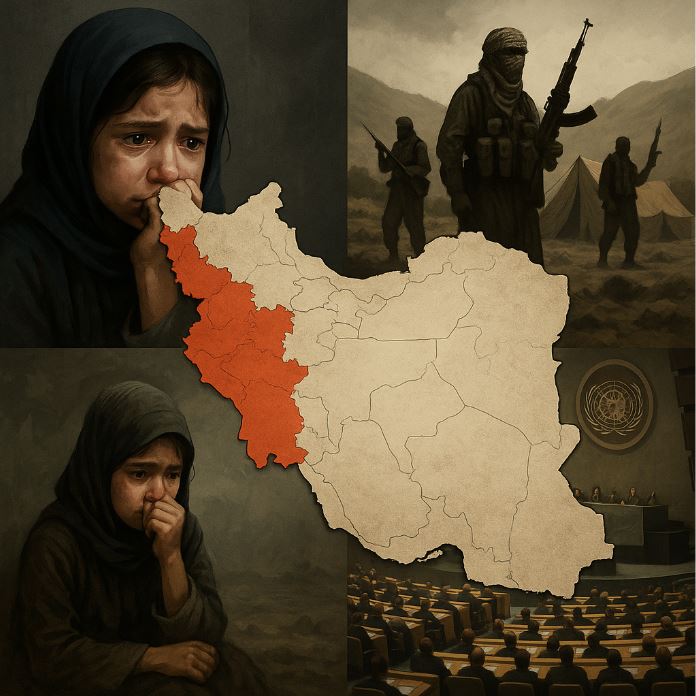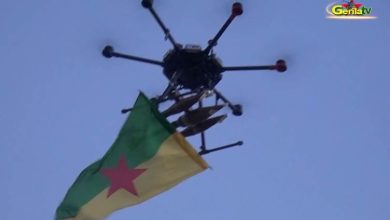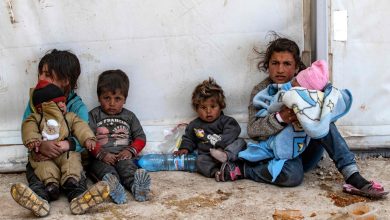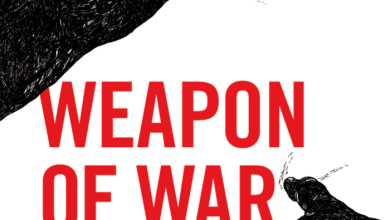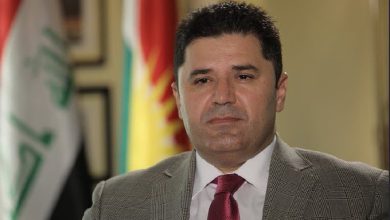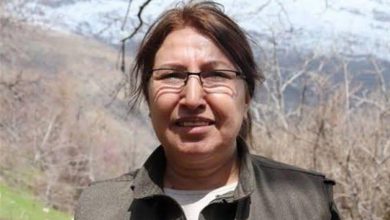Despite enduring thousands of victims in its confrontation with terrorist groups, Iran has had limited success in conveying its legal and reasoned voice to the global community in international forums
Author: Dr. Ali Farahmand, Managing Director of Iranian Kurdistan Human Rights Watch
Introduction
Over four decades of Iran’s engagement with the phenomenon of terrorism paints a multifaceted picture and a tumultuous experience in the interplay between security, human rights, and development. Iran’s confrontation with terrorism has been one of the country’s most significant issues in the last four decades. State-sponsored terrorism, which in most cases has manifested itself in the form of support for armed and terrorist groups in various parts of Iran, has not only resulted in security and human costs but has also caused serious damage to the development process in border regions. Amidst this, Kurdish militant groups based in Iraqi Kurdistan, with a history spanning over half a century in armed violence, separatism, and the instrumental exploitation of humanitarian concepts such as freedom and minority rights, stand as one of the most persistent threats to national security and human development in Iran. This article seeks to examine, through the lens of international law, the destructive dimensions of these groups’ activities on the right to development, human security, and the necessity of international legislation in addressing terrorism.
1. Structural Violence of Kurdish Armed Groups and the Undermining of Development Foundations
Groups such as PJAK, PKK, Komala, the Democratic Party of Iranian Kurdistan (KDPI), and PAK, over the years, have not only directly targeted Iranian civilians with armed actions but have also disrupted the psychological and social well-being of citizens in the western border regions through the constant instillation of a “security threat.” This situation is a clear manifestation of the denial of the right to development as a fundamental human right in international documents such as the 1986 United Nations Declaration. Development is not achievable without security, but security without justice and social stability is also unsustainable. By holding the security of the people in Kurdish-majority areas hostage, Kurdish militant groups have blocked the path to investment, infrastructure development, tourism, and even education and healthcare. In other words, with the continued activity of Kurdish armed groups in border areas and those bordering northern Iraq, public and border security in the Kurdish regions of Iran has been undermined. In this quasi-security environment, development will not occur because investment requires psychological and physical security. The armed actions of terrorist groups against production units, as well as extortion and threats, deter any capital, prevent the entry of tourists, and disrupt border trade. In these circumstances, development in border regions is also disrupted, and “maintaining security” becomes the top priority. This situation is a clear example of the continuous and structural violation of the right to development, as well as violence against the economic, social, and cultural rights of the people in the region.
2. Women and Children: The Forgotten Victims of Kurdish Terrorism
From a human rights perspective, the effects of terrorism are not limited to the number of fatalities. In other words, following a terrorist act, it is not only a number of people who lose their lives; in addition to the deceased, attention must be paid to the silent victims who, while not having lost their lives, have suffered the most severe psychological, social, and even economic damage. The relatives and families of the deceased, the psychological peace of the people in a region, the image of a country’s security and stability conveyed to the world, and more, all suffer from terrorism. However, a more significant aspect of this harm is the women and girls who have become members of militant groups and are now, as members of a terrorist group, either perpetrators or accomplices and observers of terrorist attacks. Reports from Iranian Kurdistan Human Rights Watch provide extensive documentation of the use of child soldiers, the forced ideological marriage of teenage girls, and sexual violence within the closed military structures of groups such as PJAK and Komala. These cases are a clear violation of the Convention on the Rights of the Child, the Convention on the Elimination of All Forms of Discrimination against Women, and the fundamental principles of humanitarian law. The recruitment of Iranian teenagers, brainwashing, their use in border conflicts, and the propaganda exploitation of the bodies of the deceased present a bleak and inhumane picture of these groups’ relationships – relationships that bear no relation to the concepts of freedom-seeking, human rights, or legitimate resistance.
3. The Crisis of Double Standards: Terrorism Disguised as Resistance
One of the fundamental obstacles in effectively confronting Kurdish terrorist groups legally is the double standards at the international level. In reality, the world is witnessing a political, not a legal, approach to the issue of terrorism. Terrorist groups and their actions are scrutinized in proportion to their alignment with the interests of major powers. As long as militant and terrorist groups target weak actors in the international system and act in the interests of powerful countries, they are not considered “terrorist” groups or, at best, do not feel pressure or confrontation. European countries and some self-proclaimed human rights organizations, disregarding fundamental ethical principles, provide political, media, and even financial support to groups whose track record includes kidnapping, bombings, the use of human shields, the destruction of schools, and the threats against ordinary citizens. In the case at hand – Kurdish militant groups – it must be acknowledged that many of these groups have media outlets, official offices, and gatherings in European countries. The leaders of these groups can freely travel to European countries, speak at official forums, conduct media campaigns, and more, without being held accountable. Until a comprehensive, universal, and non-exceptional definition of terrorism – as proposed in the draft Comprehensive Convention on International Terrorism – is adopted, achieving global justice in confronting groups such as PJAK and Komala will remain elusive. This definition must explicitly criminalize violence against civilians, the exploitation of children, and threats to the national security and territorial integrity of countries in any form and under any pretext.
4. Iran: The Silent Victim, the Potential Actor
Despite enduring thousands of victims in its confrontation with terrorist groups, the Islamic Republic of Iran has had limited success in conveying its legal and reasoned voice to the global community in international forums. Weak media diplomacy, a lack of attention to human rights diplomacy, the absence of comprehensive international documents on ethno-military violence, and the support of some powers for terrorist groups have been Iran’s main challenges in this path. However, as an active member of the United Nations and an observer member of several human rights bodies, Iran can, through active participation in the drafting process of the Comprehensive Convention on International Terrorism, offer its lived experience in confronting Kurdish armed groups as a suitable model for dealing with non-state terrorism.
Conclusion
Terrorism based on the actions of militant groups is not merely a security threat; rather, it is an anti-developmental, inhumane, and multi-layered phenomenon that targets the social, economic, and even psychological infrastructure of a society. Domestic legal convergence, the strengthening of field documentation, the narration of victims’ experiences, and active diplomacy in the field of terrorism are tools that Iran must utilize to overcome legal isolation and break the international silence regarding this specific type of violence.

